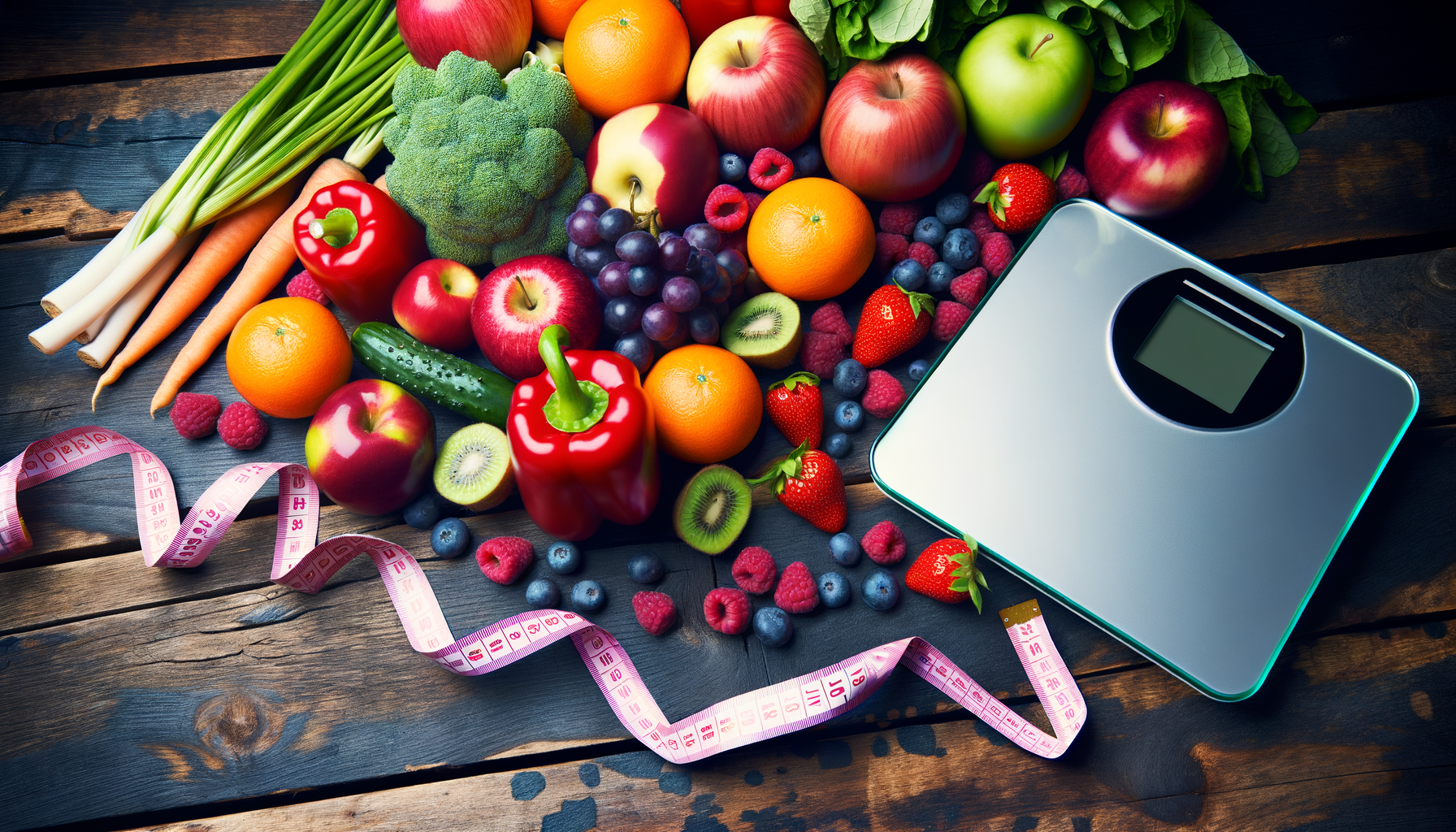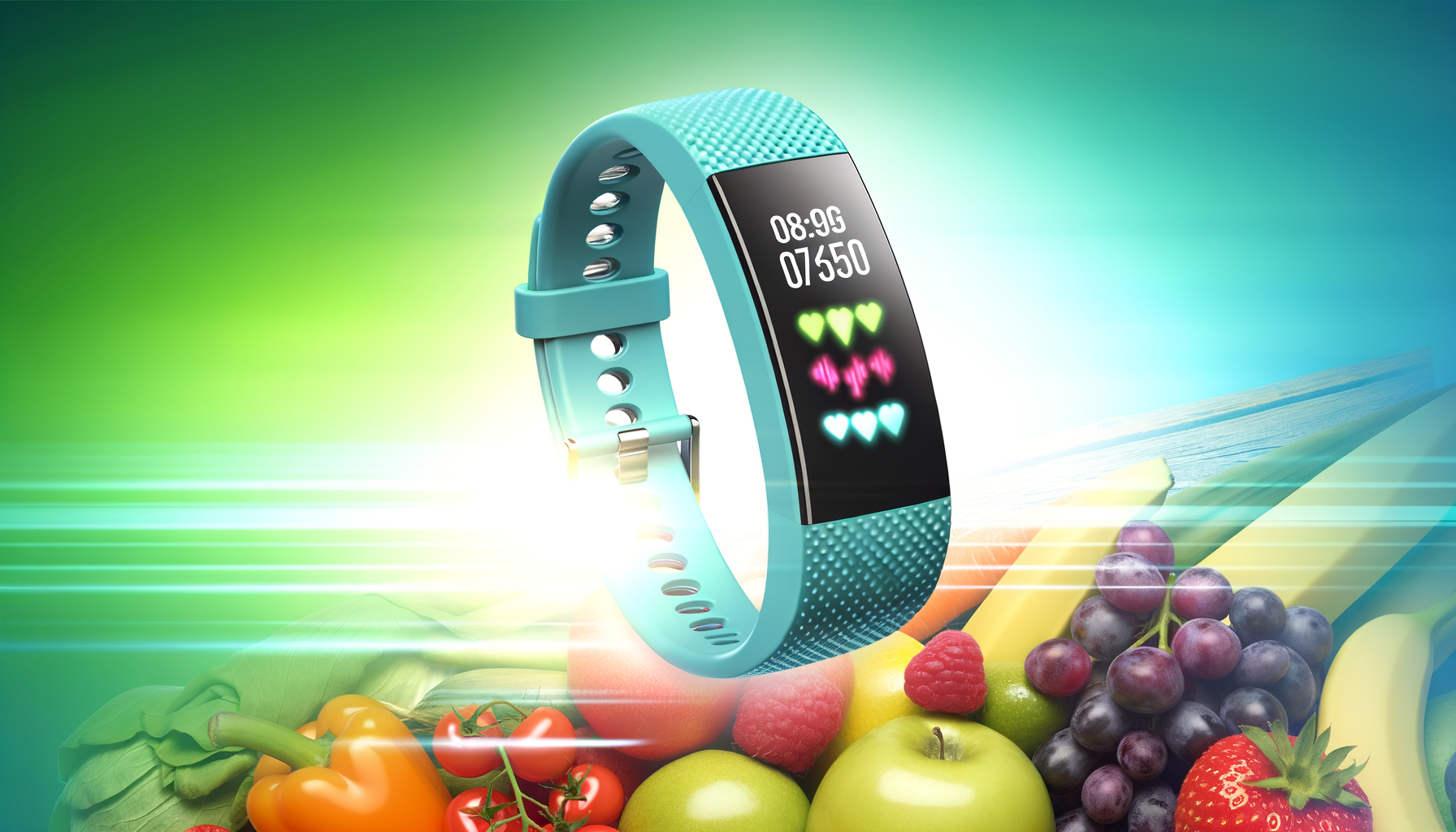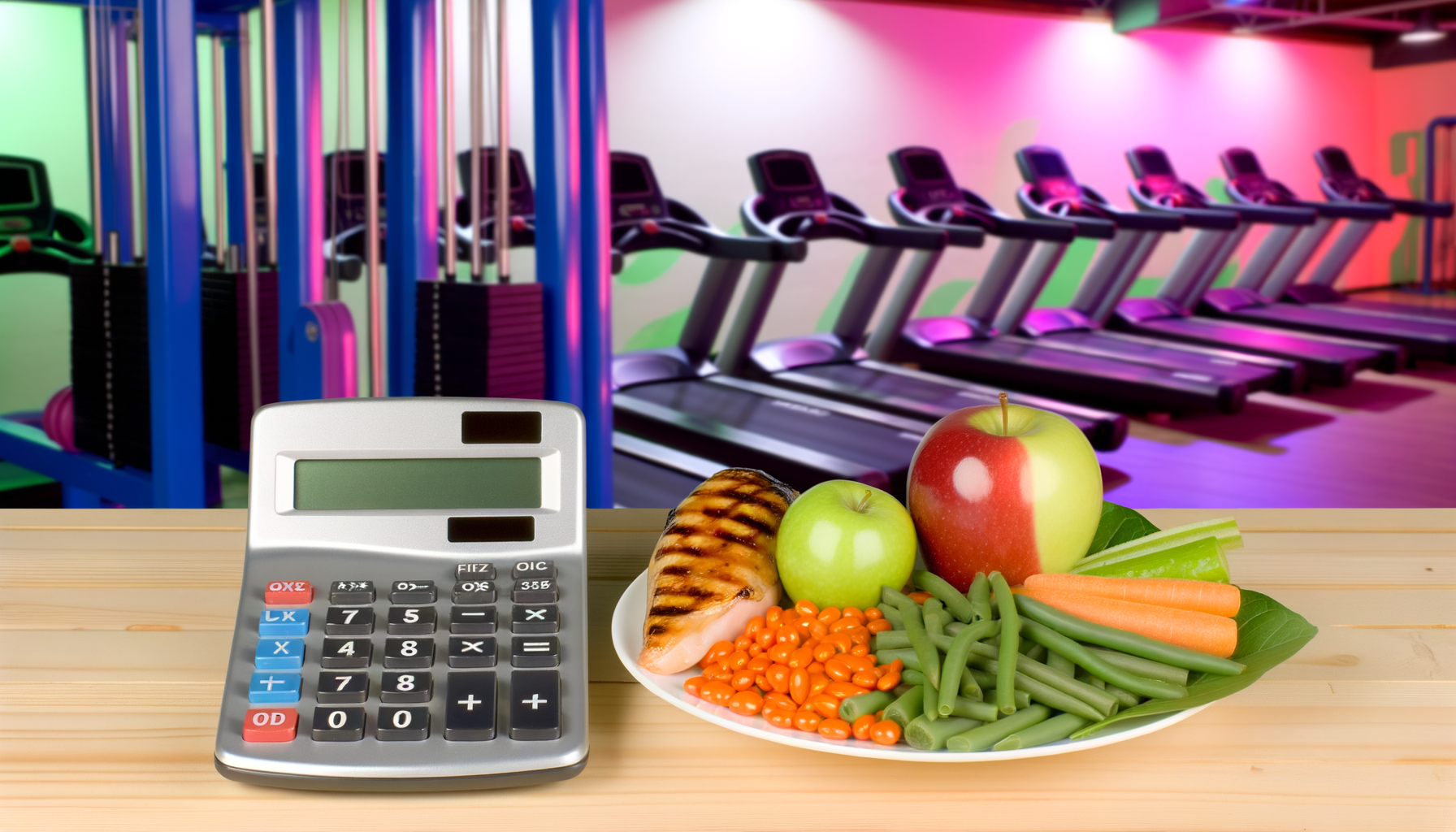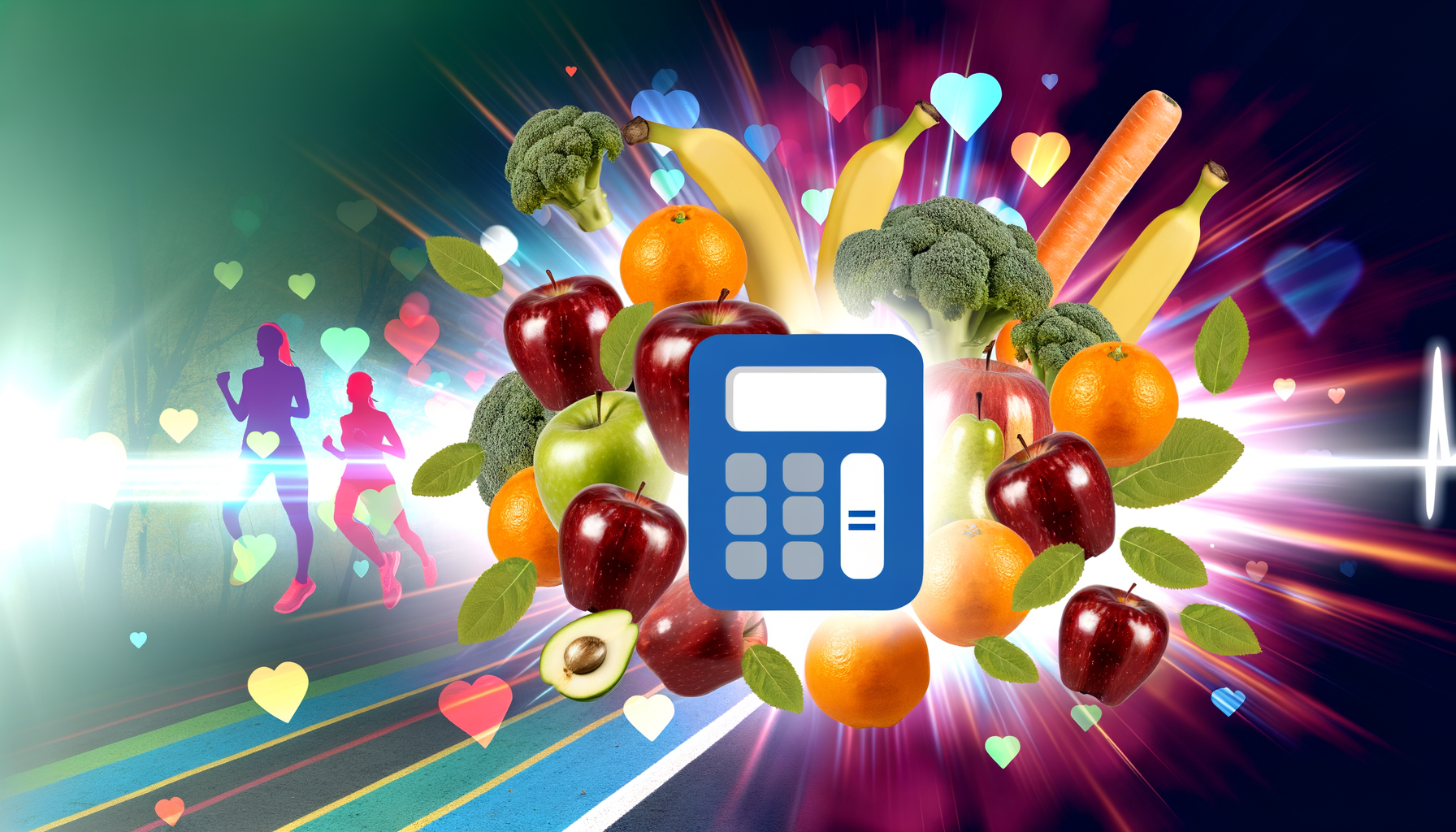The Benefits of Calorie Awareness in Active Aging Programs
Optimizing Health Through Calorie Awareness in Active Aging Programs
As the global population ages, the importance of active aging programs cannot be overstated. These programs are designed to promote physical, mental, and emotional well-being among seniors, and a crucial component of these initiatives is calorie awareness. In this article, we will delve into the benefits of calorie awareness and how it can be integrated into active aging programs to enhance the health and quality of life of older adults.
The Importance of Nutritional Awareness in Aging
Nutritional awareness is vital for seniors, as it directly impacts their overall health and well-being. Research has shown that elderly individuals often face nutritional challenges, including overconsumption of empty calories, undernourishment, and a lack of essential nutrients. This can lead to a range of health issues, such as weight gain, chronic constipation, and an increased risk of chronic diseases like heart disease, diabetes, and certain types of cancer.
Calorie awareness is a key aspect of nutritional education. It involves understanding the recommended daily caloric intake and making informed food choices to maintain a healthy weight and ensure adequate nutrition. For seniors, the recommended daily caloric intake is typically between 1,200 to 1,800 calories, depending on gender and activity level. However, many seniors consume larger portions or highly processed foods that exceed these recommendations, leading to unhealthy weight gain and other health issues.
Benefits of Calorie Awareness in Active Aging Programs
### Improved Overall Health and Well-beingCalorie awareness is essential for maintaining overall health and well-being in seniors. By consuming nutrient-rich meals that are low in sodium, sugar, and saturated fats, seniors can reduce their risk of chronic diseases. Elderly nutrition programs that prioritize calorie awareness help seniors obtain essential vitamins, minerals, and other nutrients necessary for optimal health. This approach has been linked to improved cardiovascular health, better weight management, and a reduced risk of diseases such as heart disease, diabetes, and certain types of cancer. ### Enhanced Cognitive Function
Proper nutrition, which includes calorie awareness, plays a critical role in maintaining cognitive function in seniors. A well-balanced diet rich in foods that support brain health, such as fruits, vegetables, whole grains, and omega-3 fatty acids, can help prevent cognitive decline and reduce the risk of neurodegenerative diseases like Alzheimer's disease. By ensuring that seniors have access to nutrient-rich meals, active aging programs can support brain health, memory, and overall cognitive function. ### Increased Independence and Quality of Life
Calorie awareness contributes to increased independence and an improved quality of life for seniors. By maintaining their physical strength and energy levels through balanced nutrition, seniors can carry out daily activities, remain active, and engage in social interactions. This not only enhances their physical health but also combats social isolation, a common concern among older adults. Active aging programs that incorporate calorie awareness often include social interaction components, such as communal dining areas or group activities, which further support the mental and emotional well-being of seniors.
Components of Effective Calorie Awareness in Active Aging Programs
### Nutrient-Rich Meals and SnacksAn effective active aging program must include the provision of nutrient-rich meals and snacks. These meals should be carefully planned to meet the unique nutritional needs of older adults, including increased protein, vitamin D, calcium, and vitamin B12 intake. By offering meals that are well-balanced and contain the right mix of macronutrients and essential vitamins and minerals, these programs can help seniors maintain good health, support their immune system, and prevent nutrient deficiencies. ### Individualized Meal Planning
Individualized meal planning is another crucial component of active aging programs. Seniors have diverse dietary needs and preferences, which should be taken into account when creating their meal plans. Working closely with nutritionists or dietitians, these programs can develop personalized meal plans that address any medical concerns, allergies, or special dietary requirements of the participants. This approach ensures that each senior receives meals tailored to their specific needs, enhancing the effectiveness of the program. ### Social Interaction and Support
Beyond providing nutrient-rich meals, active aging programs should foster social interaction and support among participants. Social isolation and loneliness can have a negative impact on the overall well-being of seniors. By creating environments that encourage social interaction, such as communal dining areas or group activities, these programs help seniors connect with their peers and form meaningful relationships. This social support network can significantly contribute to their mental and emotional well-being.
The Role of Calorie Restriction in Active Aging
Calorie restriction, when done correctly, can be a beneficial strategy in active aging programs. Research has shown that moderate calorie restriction can slow the pace of aging by activating biological pathways associated with healthy aging. A 12% reduction in daily caloric intake, for example, has been found to improve muscle health, reduce inflammation, and stimulate healthy aging genes. This approach is not about starvation but rather about reducing daily caloric consumption while ensuring all essential nutrients are met.
Practical Implementation and Considerations
Implementing calorie awareness in active aging programs requires careful planning and consideration. Here are some practical steps: - **Educational Programs**: Offer educational sessions on nutritional awareness, including the importance of calorie control and healthy eating habits. - **Personalized Nutrition Plans**: Work with nutritionists to create individualized meal plans that cater to the specific needs and preferences of each senior. - **Social Dining**: Encourage social interaction through communal dining areas or group meal activities. - **Regular Monitoring**: Regularly monitor the nutritional intake and health outcomes of participants to ensure the program is effective and make necessary adjustments.
For those interested in integrating calorie awareness into their active aging programs, tools like the WP Calorie Calculator can be invaluable. This tool helps individuals calculate their daily caloric needs based on their age, gender, weight, and activity level, making it easier to plan and manage their nutritional intake.
Conclusion and Next Steps
In conclusion, calorie awareness is a critical component of active aging programs. By understanding and implementing calorie awareness, these programs can significantly improve the health, cognitive function, and quality of life of seniors. Whether through personalized meal planning, social interaction, or educational programs, integrating calorie awareness can lead to better overall health outcomes.
If you are looking to enhance your active aging program or simply want to improve your own nutritional habits, consider the benefits of calorie awareness. For more resources and tools, visit the WP Calorie Calculator Plans page to see how you can incorporate this valuable tool into your health and fitness regimen.
By taking a proactive approach to calorie awareness, we can empower seniors to age more healthily and maintain their independence and quality of life for years to come.











